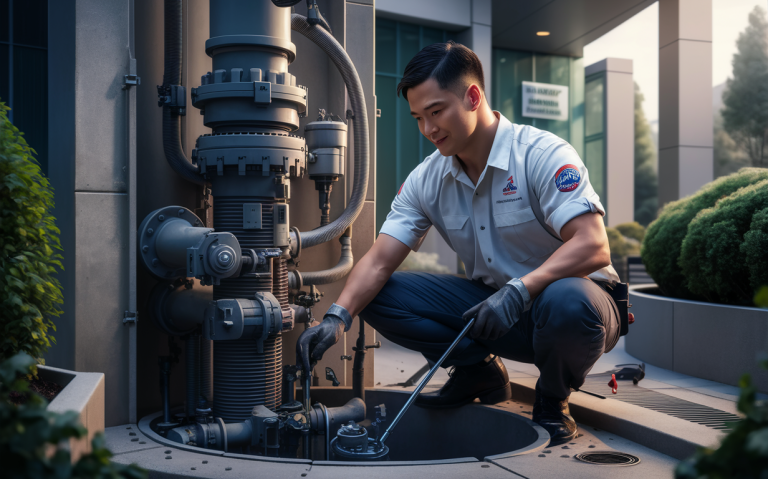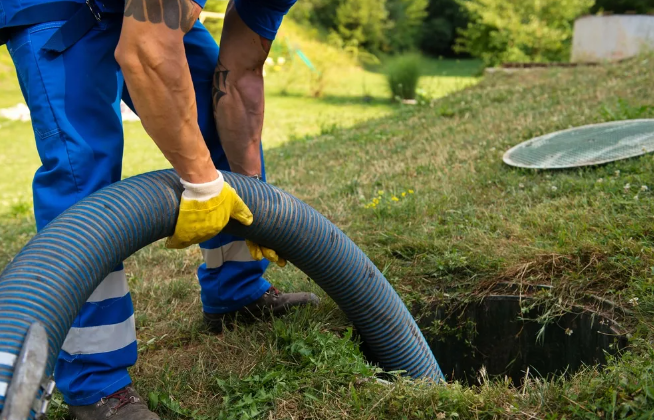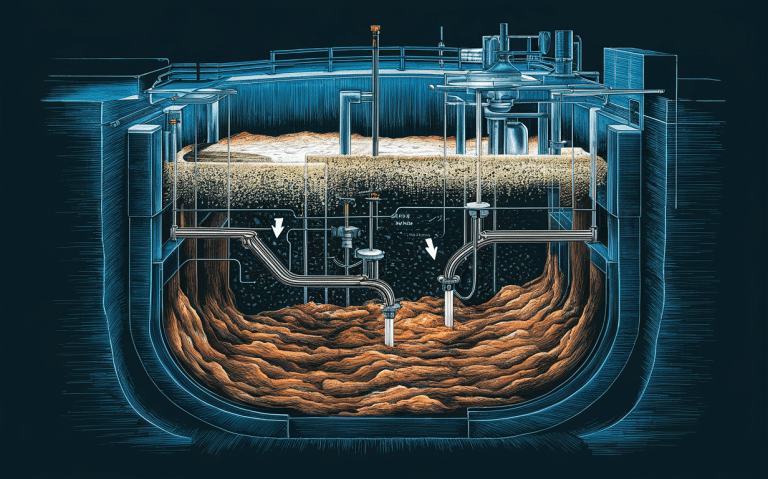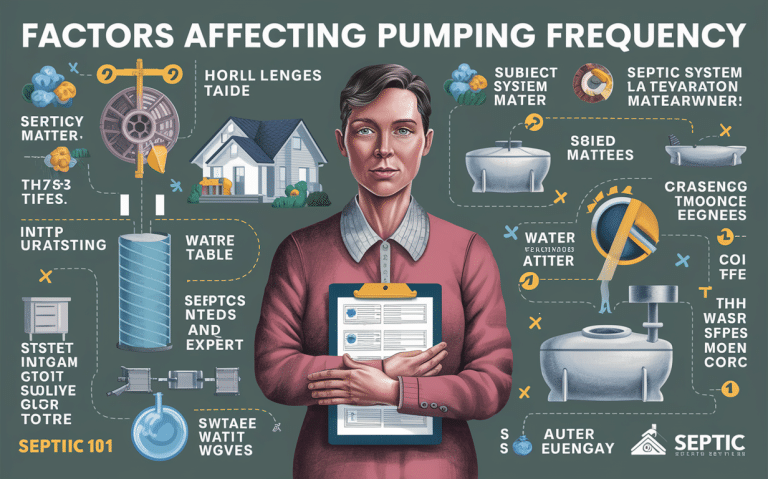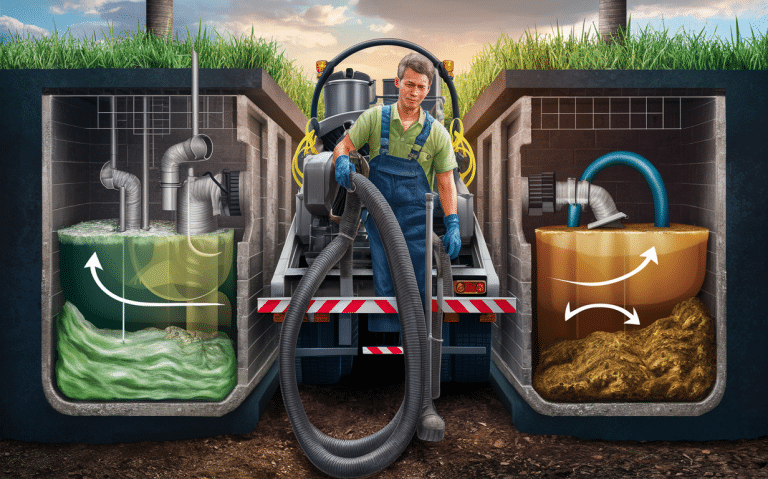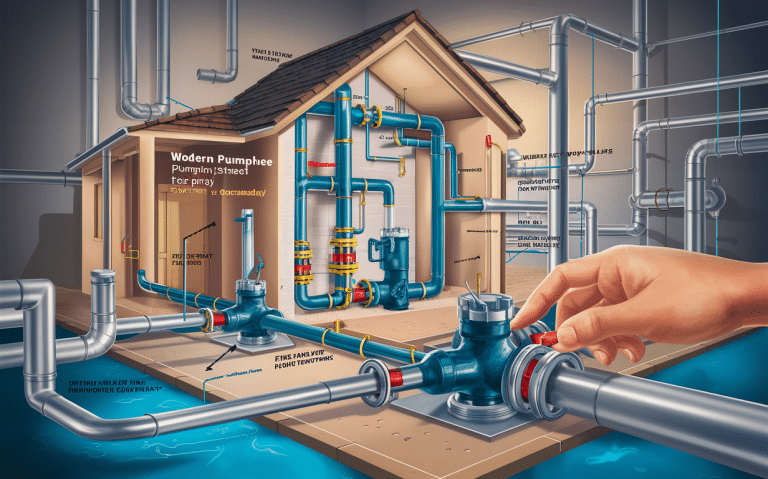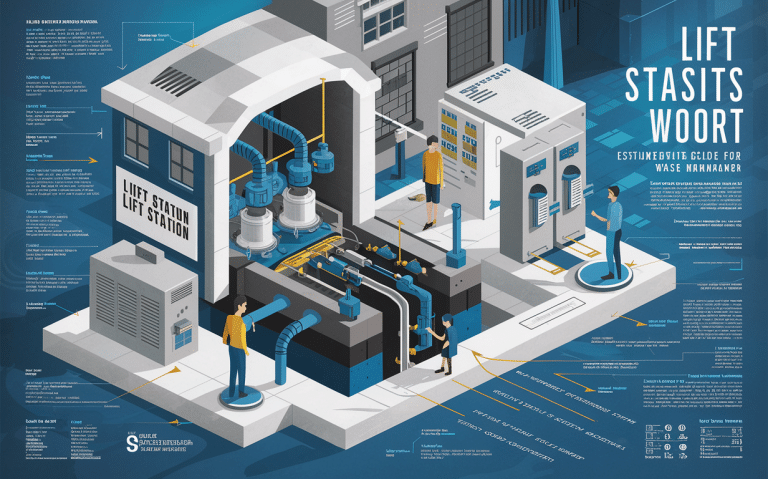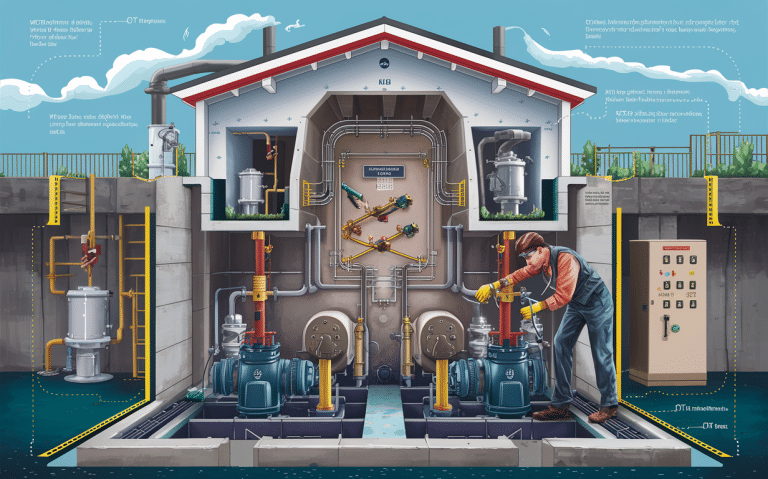Routine Lift Station Pumping and Cleaning Services: Key Benefits
Maintaining a properly functioning lift station is crucial for any commercial property. Routine lift station pumping and cleaning services ensure that wastewater is efficiently moved from lower to higher elevations, preventing backflow and contamination issues. In this article, we will explore the importance of these services, what they entail, and how they can benefit your…

